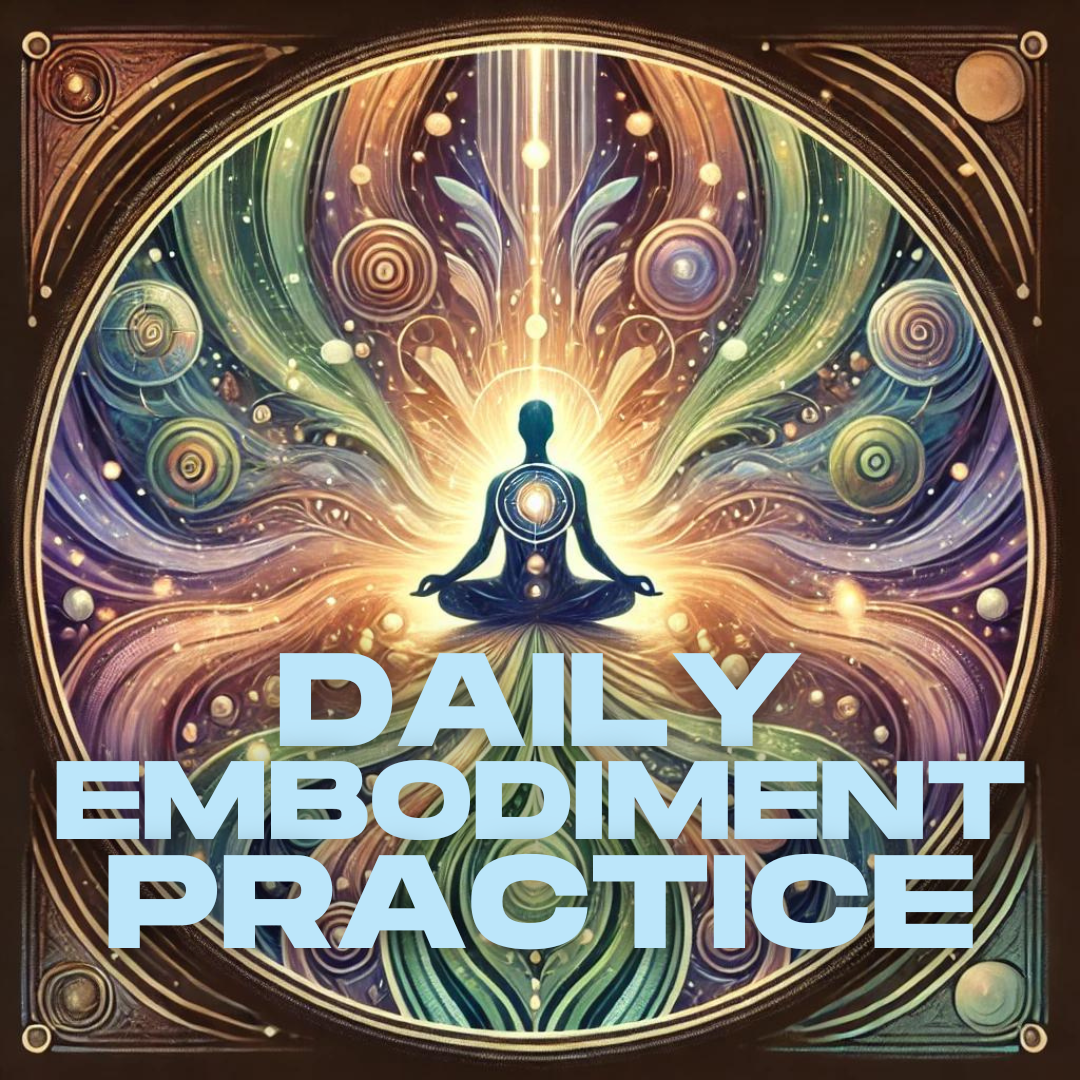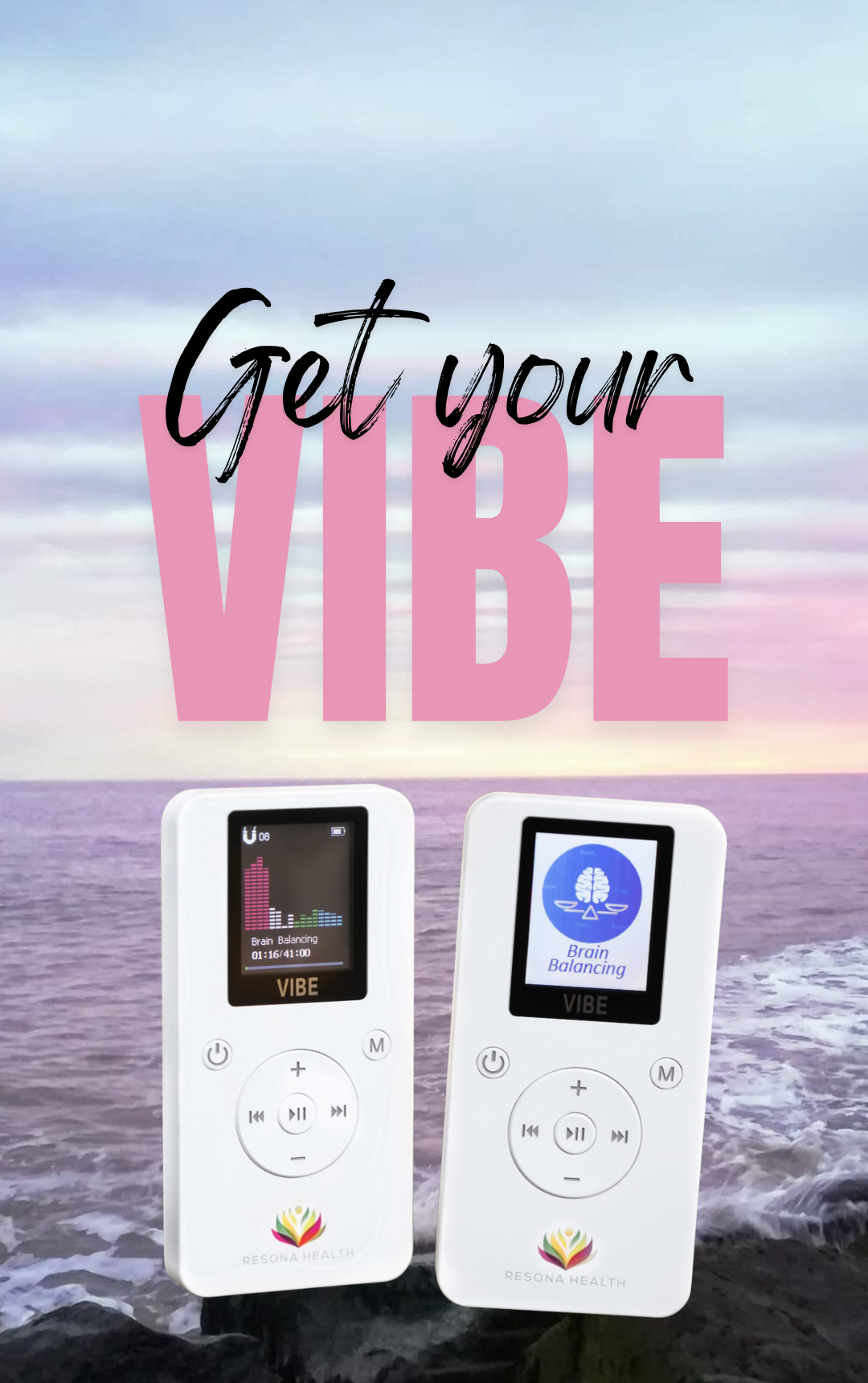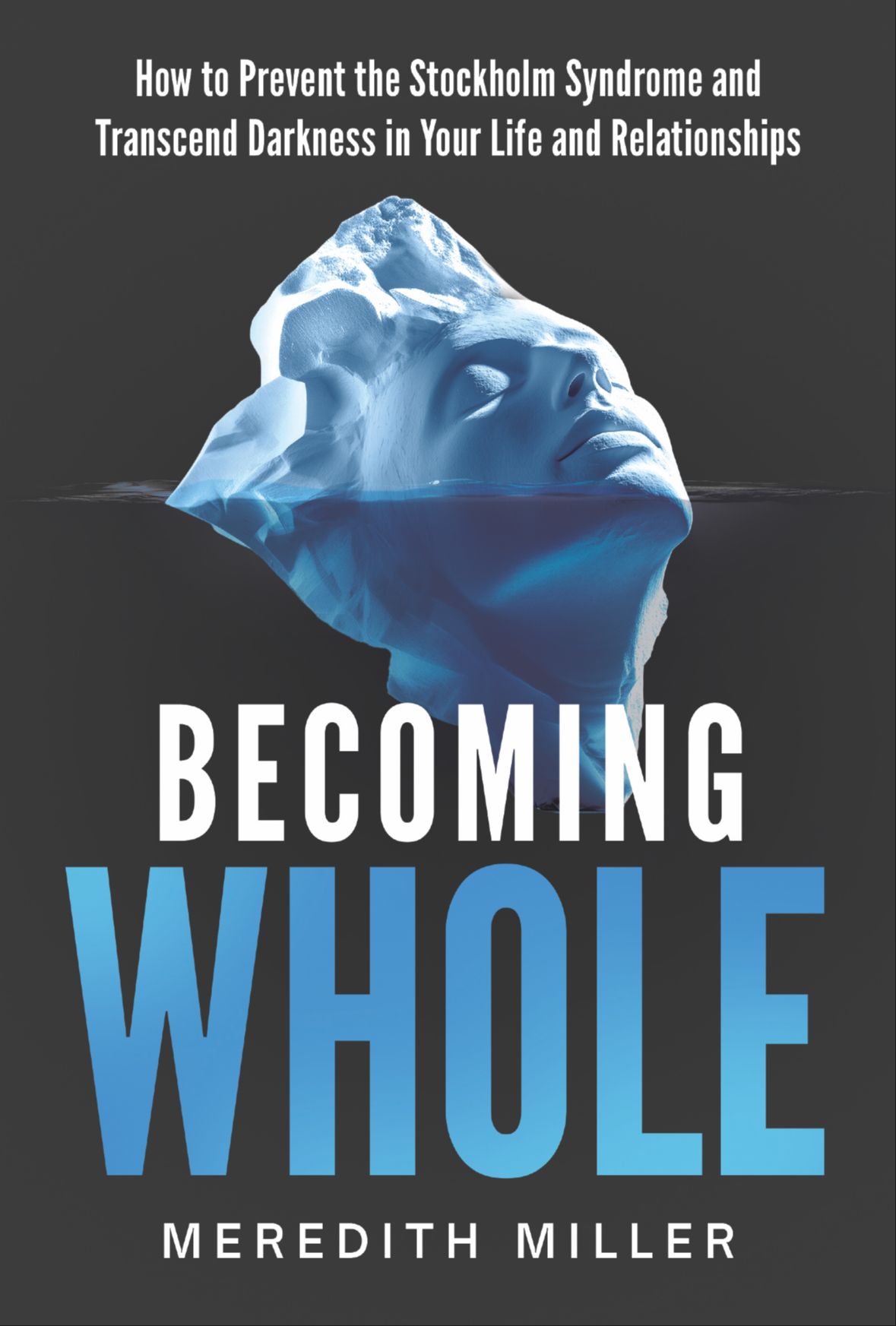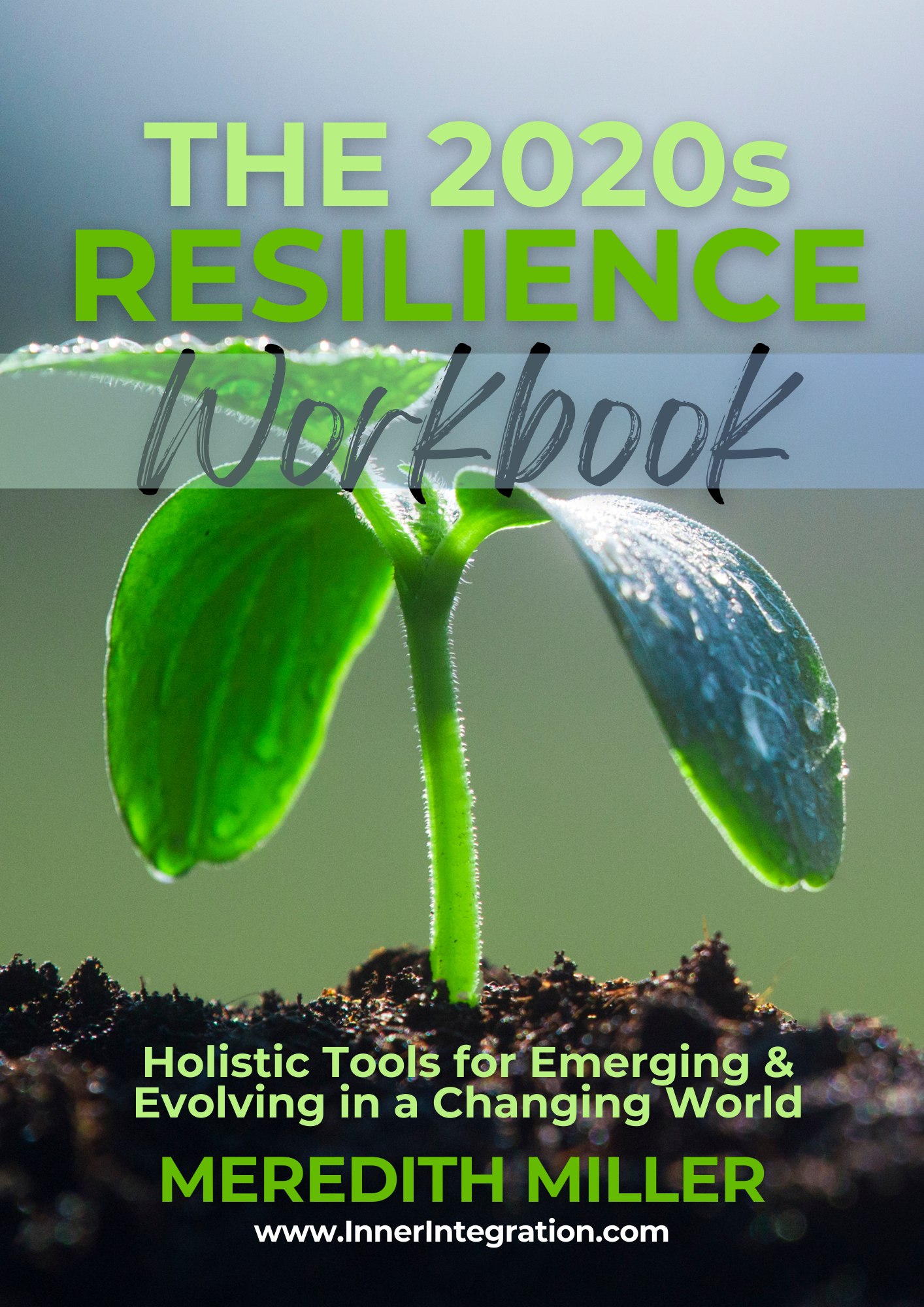THIS Is Why the Narcissist's Discard Is So Painful

This question is highly relatable to many who have experienced the devastation of a narcissist’s discard.
In this episode, I’m going to define the narcissist’s discard and then dive into why it's so painful. When you understand what’s really going on, you can then take certain actions to heal and protect yourself so you don’t have to experience this kind of devastation again. Stay tuned to get valuable tips to help you in this process!
I want to start by briefly describing the narcissist’s discard. I also want to remind you that you can get more info on this topic in a video called, The Narcissist’s Discard (2019) that you’ll find on my YouTube channel.
What is the narcissist’s discard?
To discard means to throw away something (or someone) that’s no longer useful.
Narcissists objectify people. That means they see the people as objects to be used and discarded at their will. They don’t see you as a sovereign being. They see you as an interchangeable object to serve their needs. They will groom, use, and abuse you. Then when you’re no longer useful, they will discard you, and often in a very cruel way.
In that video, I mentioned the top 5 reasons why a narcissist or other manipulator will discard you:
-
You woke up. That means you figured it out. You know this is abuse and you’re not taking it any more. A narcissist’s worst enemy is someone who is wide awake and knows how to recognize abuse and manipulation.
-
You called out their behavior. They were used to you going along with it and getting what they want from you, but you’re now able to recognize that what they’re doing is unacceptable and you brought this up to them. Instead of taking accountability for their actions, they discard you for an easier supply source who won’t call them out.
-
You set boundaries. This means you drew the line and defined what’s not acceptable for you. Boundaries are not something that manipulative people are interested in. Boundaries mean they’re unable to get what they want from you. Manipulators need targets who don’t have boundaries. Otherwise the game doesn’t work, so they’ll move onto a new supply who lacks boundaries or doesn’t have the assertion to enforce them.
-
Their tricks aren’t working any more. The manipulator realizes that they can’t get away with it. You’ve stopped reacting to their abuse feeding them supply. Now you’ve gone all boring, gray rock and you’re responding instead of reacting. You’re not taking the bait. This doesn’t work for a narcissist so they must find an easier prey.
-
They drained you dry. They literally took everything from you physically, mentally, emotionally, spiritually, financially and there’s nothing left for them to take so they discard you and move onto a new prey with fresh resources.
Many people ask: After the discard, will the narcissist come back?
Most likely. They almost always return at some point, even if it’s years down the road. When their current supply source is no longer serving them as before, they will start going through their list of exes and former supply sources. When the narcissist comes back after discarding you or after you go No Contact, that’s called hoovering.
That brings me to another common question people ask: Is the discard the same as No Contact?
No. No Contact is a boundary that you set with a manipulative, toxic person in order to end the relationship and protect yourself from further abuse and manipulation. No Contact is not a manipulation and it’s not meant to be temporary. It’s the definitive end of a relationship. No Contact doesn’t mean that you’re a heartless, cold person. It means you gave your everything to this relationship but it was a one-way street and you’re done sacrificing yourself for someone else because you know you deserve someone who respects you, at the very least. You might even still love this person or care about them, so this is a VERY difficult decision to make, but you know you have to put your heart first. This boundary of No Contact usually comes after a lot of effort to fix things and appease the abusive person. It’s not a form of manipulation or discarding someone, but rather a form of protection.
Of course a narcissist might accuse you of discarding them cruelly when you go No Contact before they can discard you. A manipulator will ALWAYS turn things around on you and play the victim. So expect that. Don’t give into the guilt-tripping, shaming or blame-shifting to try to make you feel like the bad person.
The best thing you can do for yourself after a discard, is to give yourself closure because you’re not going to get it from the manipulator. As hard as it is, try to keep redirecting your mind toward the gratitude that the abuser is gone. As painful as it was, they did you a favor by leaving because now you’re free from their abuse. These are the perspectives that helped me create closure in situations where closure with the other person was impossible.
Also, start working on your healing process because there will definitely be healing to do. Be sure to cut the energetic cords with the manipulator so you’re no longer connected energetically. I recommend doing this process for anyone you’ve ever had sex with because that’s how most energetic cords get attached, though they can also form from intense emotional experiences and connections. If you want help with that process, you can get my guided visualization to walk you through it. It’s called Cord Cutting & Energetic Protection. You’ll find the direct link in the show notes or you can find the course on my website.
Now, I want to dive into why it hurts so bad to be discarded by the narcissist.
Even after all the abuse you went through, the discard can be the most painful part. When that’s going on, usually what’s happening is that the discard is triggering feelings from your childhood wound. In other words, this is a combination of present pain plus past pain that’s still unresolved. It’s not just the pain of the present narcissist’s discard, that’s why it hurts so bad. Now, that does not in any way excuse their behavior. But it’s important to notice how there might be more than one thing going on here.
In childhood you might have experienced a wounding around rejection or abandonment. Maybe you were raised by a narcissistic parent, an alcoholic, addict, workaholic, absent or otherwise emotionally unavailable caretaker. The rejection could’ve been more overt forms of criticism, comparing, and shaming or it could’ve been more covert forms of silence, absence, and disinterest in you as a unique being.
If you grew up in one of these environments, abuse and neglect can feel like love and home. Your nervous system gets programmed like that when you grow up in it. We were wired to think abuse is normal. So when you’re getting abused or neglected, these feelings are normalized as life and love.
In these cases, the pain of the discard hurts more than just that discard. The discard is reminding you of the pain you experienced when someone, during your developmental years, hurt you by rejecting you or abandoning you.
A parent who is not present with their child whether physically or emotionally, will create a sense of abandonment or rejection in the child. A parent who rejected your needs, feelings, thoughts and perceptions of reality, programmed you to be extra sensitive to rejection in life. Often what happens is when you don’t conform to their expectations or meet their needs and whims, the manipulative parent will withdraw their love and/or not meet your basic needs. When you’re a child that’s utterly terrifying because you’re dependent on your adult caretakers for survival.
This is exactly what an abuser will do in adult relationships as well. Often they start with the Silent Treatment to try to modify your behavior with the threat of rejection when you don’t give them what they want, and if you maintain your boundaries and self-respect, then they will flat out discard you. Those experiences can trigger unresolved feelings from childhood when you felt rejected by a caretaker. This is why, now as an adult when someone rejects you, it can literally feel like you’re going to die. That’s because your Inner Child is experiencing this feeling through the memories and perspective of a child who would die without the proper care of their parents. A child is totally dependent on their caretakers for survival. So the discard or rejection evokes survival fears. That can be terrifying, even when your adult mind knows that you’re not actually going to die as a result of the rejection.
Sometimes people get stuck on the discard for years and even decades. The person who wrote the comment that I mentioned at the beginning of this episode confirmed that she noticed her fear of rejection long before the narcissist came into her life. She said the narc made it that much worse as “her worst fears came true." What happens in these cases, is the manipulators we run into in adulthood stir up all the feelings we stuffed or compartmentalized earlier in life. Our subconscious is actually seeking out similar experiences to our unresolved childhood traumas. This isn’t a blame. It just is what it is. And the awesome thing is, these patterns go away when we resolve the core issues.
So, if you’ve been discarded or rejected, what can you do about it now?
1. Recognize that the pain of a discard from an adult relationship is an opportunity to face the unresolved pain of your childhood.
As you work to resolve that childhood wound, you can move forward, liberated from it. As you liberate yourself from the past, you will stop repeating similar situations that cause similar pain.
How do you do this?
When I’m processing past stuff, first I let myself really feel it. This means you need to put aside distractions and give yourself time to just be present with what is coming up. That means, turn off your ringer and put the phone down, close the laptop, and give yourself some alone time in a safe space to work through this so you can experience yourself and your feelings without editing or censuring yourself for fear of what others will think. This is your time.
Give yourself permission to explore these feelings in your body, mind and spirit. Meditation can be really helpful for this. I’ve also found massive help from psychedelic medicine journeys. Those experiences have allowed me to work through and release past traumas and pain in hours, that would normally take years to work through in therapy. Time feels weird during these experiences. Hours can feel like lifetimes because you are in an altered state. The medicine just helps amplify the feelings, remove distractions, and force you to focus on the pain. Is it pleasant? Absolutely not. But is it effective? Indeed it is. Of course these experiences are not for everyone and you should always consult a doctor if you’re taking pharmaceutical drugs because some of those have contraindications.
If you’re curious to know more about these experiences, I made a 3-part video series on YouTube about 4 years ago on a few of the most life-changing healing experiences I had with psychedelic medicines in Peru. Those videos are in a playlist on my channel.
As you allow yourself to feel the pain, you can start to describe it to yourself. As you articulate and identify the pain with words, you already start to remove the power those feelings had over you. Instead of resisting the feelings, you welcome them like an old friend. They are indeed there to help you, even when it doesn’t feel like that.
After exploring the pain fully, we can process it and release it. This is the grieving process that I described in the podcast episode #36 Prisoners of Childhood, a commentary on Alice Miller’s book. We have to grieve the past so we can move forward without bringing the past pain with us. It doesn’t all go away overnight. It’s a process and it gets better and lighter with every layer that you work through. You’ll notice how the grieving comes in layers. Be patient with yourself and this process. Until we grieve the loss from our childhood, we will keep unconsciously seeking out familiar experiences. This is what Freud called the Repetition Compulsion. That only leads to more abuse and more compounding of the PTSD. I unconsciously replayed these experiences way too many times. My dream for you, and the reason I make this content, is so that you don’t have to make the same mistakes I did.
2. Uplevel your boundaries.
If you’re used to accepting abusive and neglectful treatment from people due to your childhood programming, you’re going to need to step up your boundaries so you stop entertaining that behavior from others. It can be too easy to fall into these patterns of familiarity and minimization.
You might notice that you tend to date people who are inconsistent or show a lack of interest in you, yet instead of being turned off by this behavior, you find yourself desperately begging them for their attention, affection and time.
Stop chasing after someone who is unavailable or not interested in you. There’s a great meme going around and I don’t know who created it. But it says, “If he likes you, you’ll know. If he doesn’t, you’ll be confused.” That is about as clear as it gets.
Now this doesn’t mean that every person who is inconsistent or not interested in you is a narcissist or other manipulator. They might just not be into you. Just like you might not be into someone else. Sometimes there are situations of unrequited love. That’s always a bummer. While it’s not abusive, it can trigger the same pain of rejection that reminds you of your childhood wound. When someone doesn’t accept you or doesn’t want you, that can make you feel like you don’t belong and that creates a deep emotional pain that you might even experience physically in your body.
You might also find yourself dating emotionally unavailable people or people who are otherwise unavailable due to work or another relationship that they’re hiding from you. Sometimes they might even openly disclose their marriage or other relationship and you find yourself accepting this role of “the other person” because you’re relieved that at least they’re honest about juggling you with someone else after all the past secret cheating and affairs you suffered from other partners.
You might find also yourself in relationships with people who need a lot of personal space due to their own unresolved childhood issues, but since they don’t know how to talk about it, they just disappear for periods of time. This coming close then distancing dynamic can be very triggering if you’re coming from the childhood wounding of rejection or abandonment. And again, while a lot of these people might not be manipulators, their level of emotional immaturity can still trigger your unresolved feelings from childhood because the end result of you feeling rejected is still the same, even when the intention of the other person is different. It is heart-breaking to love someone who distances themselves from you. That’s where we have to be honest with ourselves and recognize at what point we are participating in our own heart-break by accepting relationships on these terms.
Setting boundaries around what works for you and what doesn’t in relationships and friendships is important so you don’t keep getting involved in painful and disappointing situations.
3. Rebuild your self-worth.
Your self-worth is one of the most important tools of immunity to abuse that you can have. Unfortunately, if you’ve been abused in adulthood and/or childhood, you likely have low self-worth. This means you need to focus on rebuilding this area of your life.
Self-worth is one of my 4 pillars of recovery after narcissistic abuse. It’s actually the very foundation of all 4 pillars because this is where it all starts.
Self-worth is about respecting and knowing your value.
Your self-worth is a measure of your value. You are the only one who determines this value, and when you have self-worth you don’t allow yourself to be defined by outside forces. When you have self-worth, you know what you’re worth and you don’t allow people in your life who treat you less than that. You define and protect your worth with your standards and boundaries. Without self-worth, you won’t maintain your boundaries, no matter how good of an idea they sounded at the time.
The opposite of self-worth will show up in shame and unworthiness. This is what can lead you to accept poor behavior in your relationships.
If you want help in rebuilding your self-worth, my course Raising Your Self-Worth will walk you through this process. You’ll learn how to uplevel and protect your value after abuse. This is so important. When you know what you’re worth, you stop accepting poor behavior from people who don’t see your worth. You stop begging for time and attention from people who don’t value you. You stop getting into relationships with people who just want to take from you without giving you any value in return. Self-worth makes all the difference in your self-perception as well as your relationships and what you tolerate from people.
4. Discover where you belong.
This means first, stop hanging out with people where you don’t belong. That’s with people who don’t respect you, who don’t value you, who use, abuse and manipulate you. When you feel rejected by someone else because they don’t accept you, they don’t care about you or they simply don’t want to spend time with you, stop looking to belong in those places.
Where do you belong?
Do you have that sense of belonging in your family or with your group of friends?
Do you have it through your work somehow?
Sometimes the best way to feel you belong somewhere is to create that space where others can come of like minds. That’s what I did with Inner Integration. I never really felt like I belonged anywhere at any point in my life. Certainly not with my family of origen or the place I was born. Not in college or any social group. I was so used to rejection, it became normal.
Full disclosure, I have autism and this is apparently a common experience for those of us on the spectrum. But I think probably most humans in general don’t feel they belong, and more so nowadays than in the past. Do any of us really belong here? It seems more to me that we are here having a human experience but we are from somewhere else.
When I created Inner Integration and people started commenting on my videos and posts, I realized that I do belong somewhere and there are people who understand me and value what I say. Even nowadays, on the rare occasions when I post something to my personal Facebook page, which is mostly high school people, people from college or other people I met along the way before I discovered narcissistic abuse, almost no one engages on my posts. Sometimes I’ll post stuff that even receives a lot of social rejection. I’ve been called so many names by people who call themselves family and friends.
But then I look at my work platforms and it’s just the opposite. People understand, people want to hear my content, and most of the feedback is something positive or at the very least it shows that we understand similar experiences and feelings about those experiences. I’m grateful to all of who you value what I say and who change your lives with the help of my work. Nowadays when people occasionally comment nasty stuff on my videos or posts, it doesn’t hurt because I do the work of resolving my childhood feelings of rejection and I’ve created a sense of belonging through the community that has grown around Inner Integration.
Think about something you’re passionate about. In what ways can you make a contribution to others by sharing your passion and wisdom? Explore that and you’ll create a new sense of belonging in your life.
To sum it up, as painful as it can be to work through our childhood wounding around rejection or abandonment, it’s very important work. It will greatly improve the quality of your life and relationships. It will help you recognize and say no to similar new experiences. It will also stop you from projecting your past onto a new person. It will help you heal from the discard and protect yourself from having to go through something like that again.











